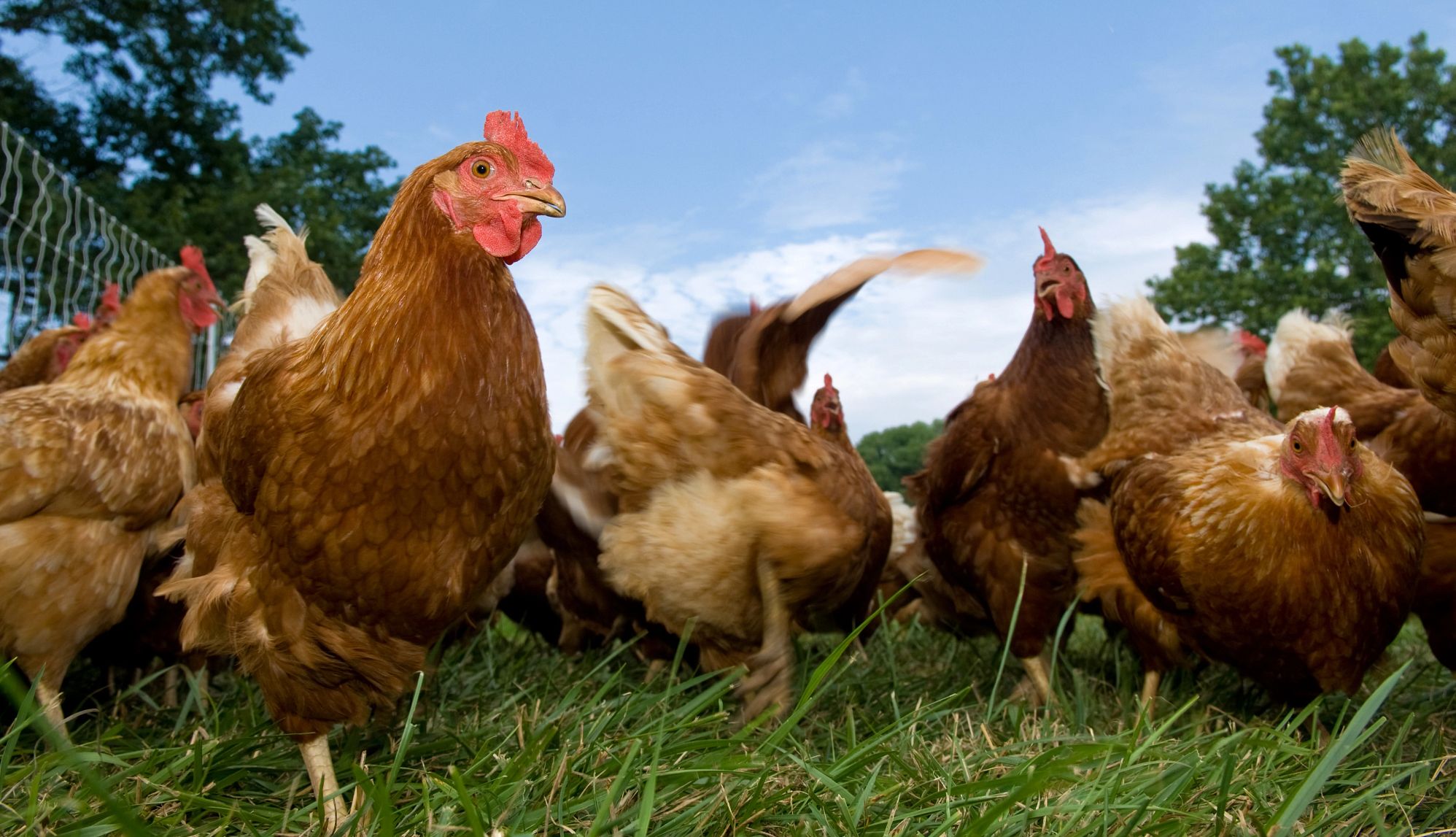
Backyard poultry linked to salmonella outbreak, infections grow
- Select a language for the TTS:
- UK English Female
- UK English Male
- US English Female
- US English Male
- Australian Female
- Australian Male
- Language selected: (auto detect) - EN
Play all audios:

_This article was created with the assistance of generative AI. It was reviewed by editors before publication._ A recent outbreak of salmonella infections traced back to backyard poultry,
such as chickens and ducks, has spread across multiple states. While these birds may appear healthy and clean, they can carry salmonella germs that pose a risk to human health, the Centers
for Disease Control and Prevention announced. As of May 29, 104 cases have been reported across 35 states, resulting in 25 hospitalizations and one death. SAFETY TIPS FOR BACKYARD FLOCK
OWNERS Salmonella germs can spread from backyard poultry to humans through direct contact or by touching anything in the birds' environment and then touching your mouth or food. To help
protect yourself and your family from salmonella, follow these guidelines: 1. WASH YOUR HANDS: Always wash your hands with soap and water immediately after handling backyard poultry or
anything in their environment. If soap and water are not available, use hand sanitizer. 2. BE SAFE AROUND FLOCKS: Avoid kissing or snuggling with your birds, and refrain from eating or
drinking around them. Keep all poultry-related supplies outside your home. 3. SUPERVISE CHILDREN: Ensure that children wash their hands properly after interacting with poultry. Children
under 5 years old should not handle chicks or ducklings, as they are more susceptible to illness. 4. HANDLE EGGS SAFELY: Collect eggs frequently, discard cracked ones and clean any dirt with
fine sandpaper or a cloth. Refrigerate eggs promptly and cook them thoroughly to an internal temperature of 160°F. Don’t wash them because colder water can pull germs into the egg.
RECOGNIZING SYMPTOMS OF SALMONELLA Most people infected with salmonella experience diarrhea, fever, and stomach cramps, typically starting 6 hours to 6 days after infection. While most
recover without treatment, severe cases may require medical attention, particularly for young children, older adults, and individuals with weakened immune systems. A confirmed diagnosis is
made when a lab test determines that the bacteria is present in a person’s stool, body tissue or fluids. Most people can recover without an antibiotic, but treatment is recommended for
anyone with severe illness. Infected adults over 65 (or over 50 if an underlying condition such as heart disease is present), infants and those with a weakened immune system are also advised
to take an antibiotic.
